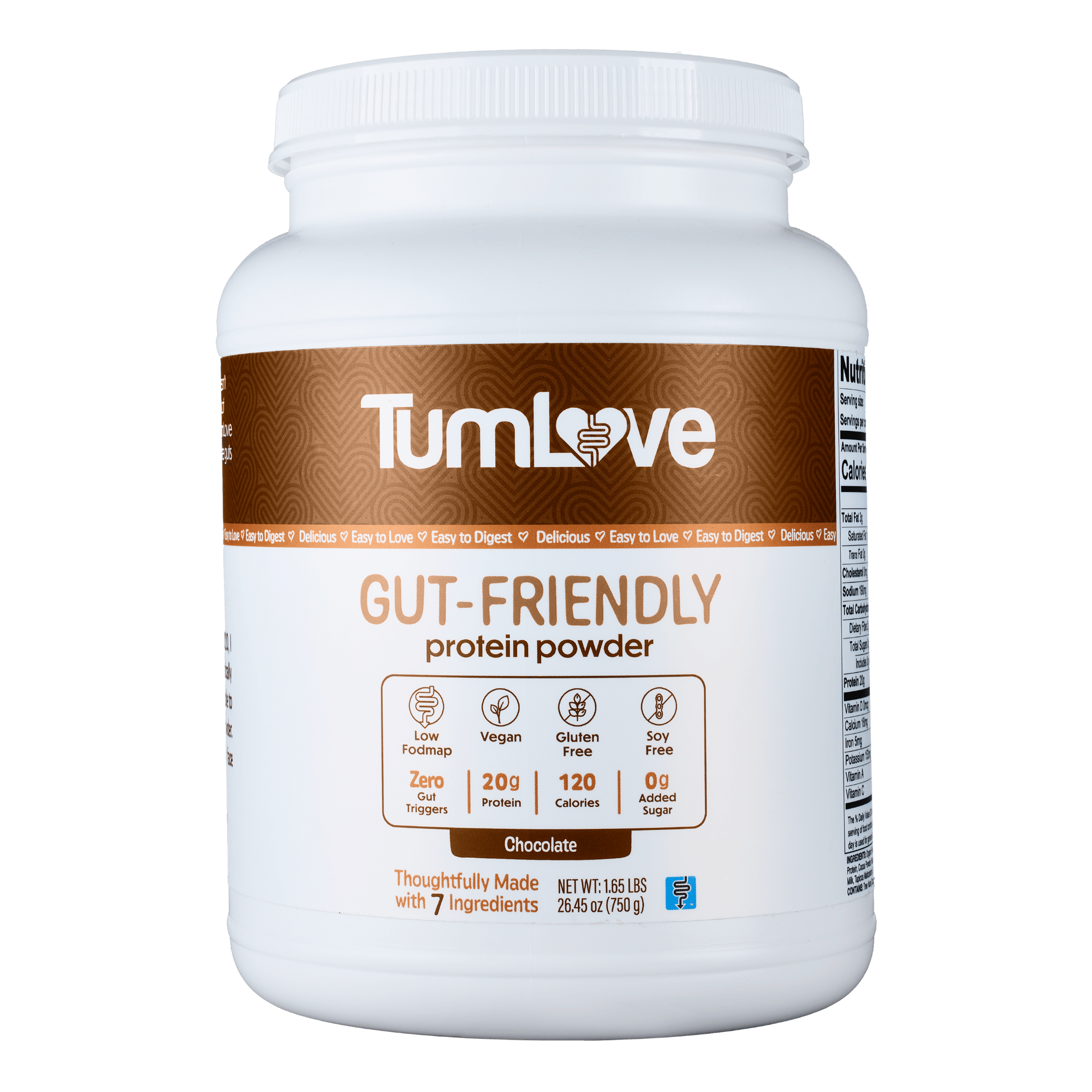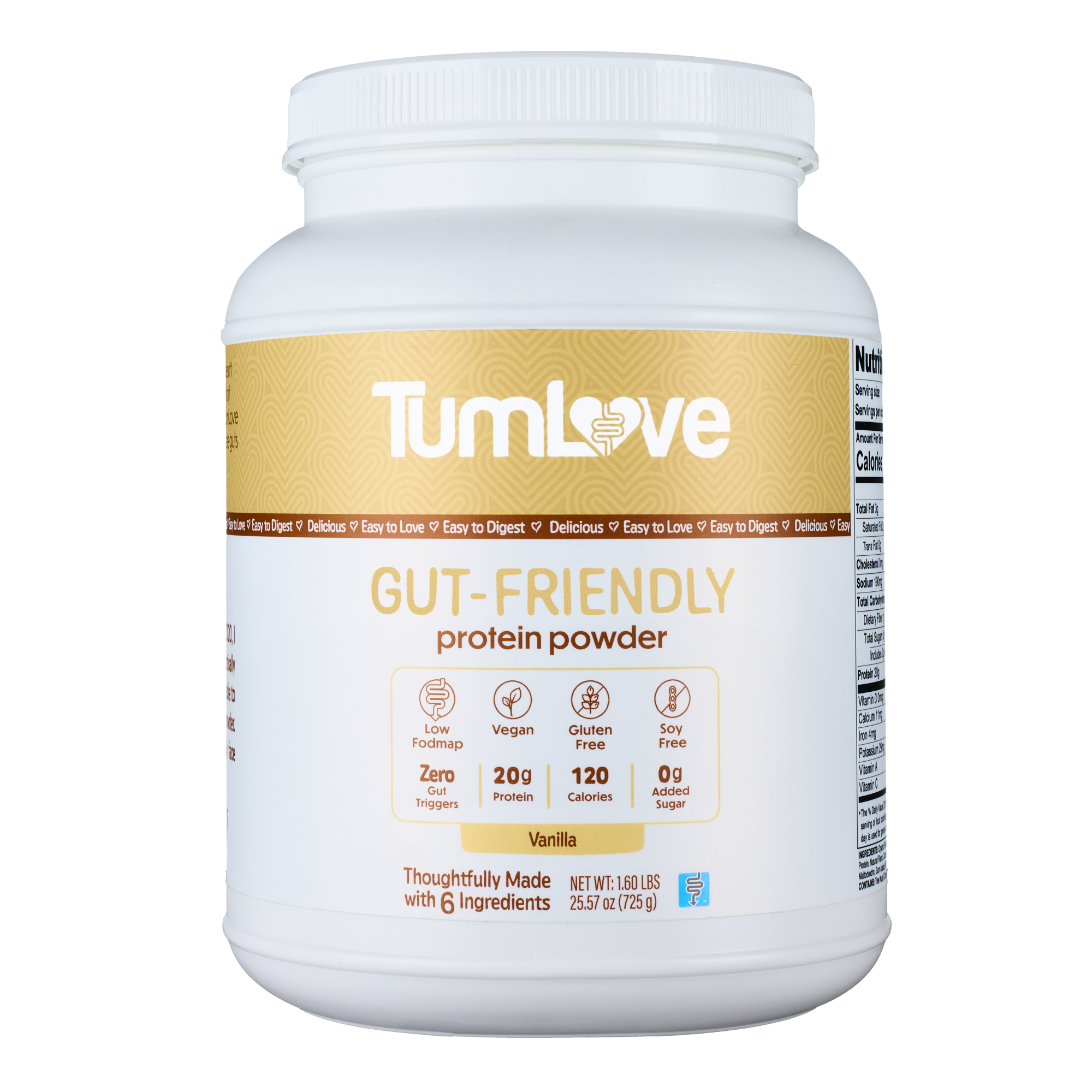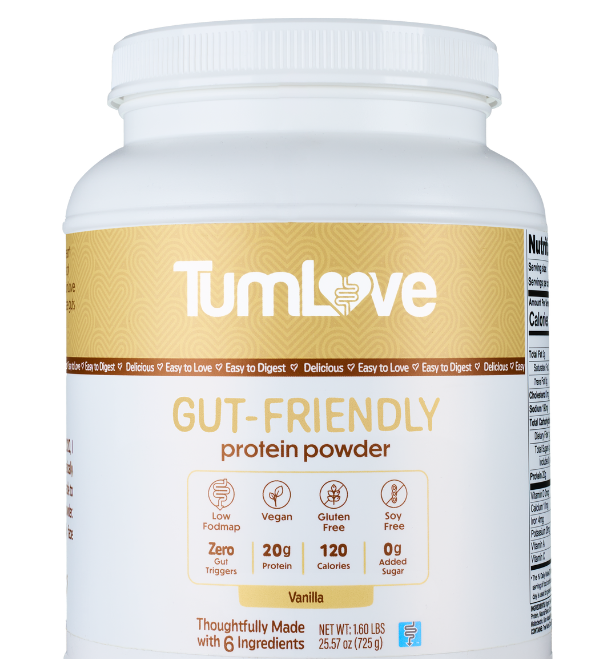Navigating the calorie content in protein shakes can be a puzzle. That's why TumLove's shakes are designed to fit seamlessly into your health regimen, providing clarity on what you're consuming. Let's explore the calorie counts in protein shakes and how TumLove stands out in offering a balanced, nutritious option.
★★★★★
"Now I can do what I love while feeling great!"
- Lileia S.
When it comes to fueling our bodies and supporting our fitness goals, protein shakes have become a popular choice for many. But as with everything we consume, it's essential to understand the nutritional content, especially the calories. So, let's break down the caloric content of typical protein shakes and answer some common queries about protein shake calories.
How Many Calories Are Typically in a Protein Shake?
The caloric content of a protein shake varies based on its ingredients and serving size. Generally:
- Whey protein: Approximately 100-150 calories per scoop.
- Vegan protein blends: Usually range between 110-170 calories per scoop.
- Casein protein: Around 120-160 calories per scoop.
It's essential to note that these are average numbers, and specific brands or added ingredients can affect the total caloric count.
Are Protein Shakes Calorically Dense?
While protein shakes aren't inherently high in calories, the additions you make can significantly influence their caloric value. Add-ins like fruits, oats, nuts, or certain milk types can increase the calorie content, so it's always a good idea to keep an eye on those extra ingredients.Protein Shakes and Weight Loss: What's the Connection?
Protein shakes have become a popular choice for those on a weight loss journey because:
- Satiety: Protein can make you feel fuller for longer, potentially reducing your total caloric intake.
- Muscle Preservation: When shedding pounds, it's vital to maintain muscle mass, and protein can assist with that.
- Convenience Factor: Ready-made or quickly blended shakes can deter one from reaching for less healthy snack options. However, balance is crucial. Just drinking protein shakes without considering overall dietary habits and exercise won't guarantee weight loss.
Dive into Delicious, Calorie-conscious Options with Tumlove
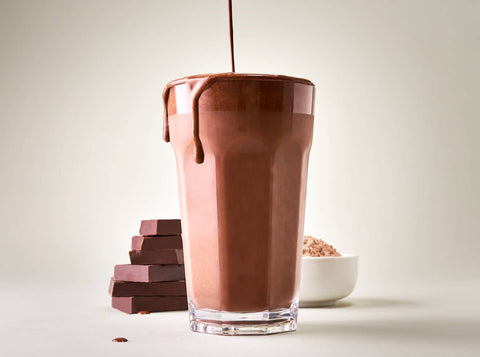
Decoding the Label: Understanding Protein Shake Nutrition Facts
When selecting a protein powder or pre-made protein shake:
Check the Serving Size: This can vary between brands. Ensure you're comparing the caloric content for similar serving sizes.
Look at the Total Caloric Value: This will give you a quick snapshot of how it fits into your daily intake.
Examine the Macronutrients: While you're checking the calories, also take a look at the protein, carbs, and fat content. Some shakes might be higher in carbs or fats, which can affect the total caloric content.
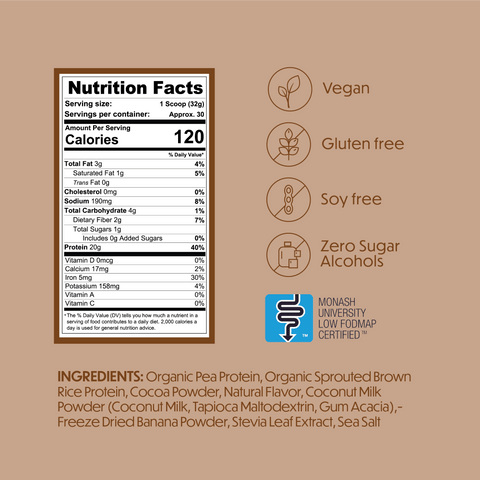
Are All Protein Shakes Created Equal?
Definitely not! While many protein shakes serve the same primary purpose – delivering protein – their nutritional profiles can vary significantly:
Plant-Based vs. Dairy-Based: Plant-based proteins might have different caloric contents than whey or casein proteins.
Flavored vs. Unflavored: Flavored powders often have added sugars, increasing their calorie count.
Added Nutrients: Some protein powders come fortified with vitamins and minerals, which can affect their overall nutritional profile.
FAQs Surrounding Protein Shake Calories
Are protein shakes high in calories? Not inherently. The base protein powder is relatively low in calories, but what you add to it can increase its caloric value.
Is a protein shake good for weight loss? It can be, especially if it helps you maintain muscle while losing fat and keeps you fuller for longer. But it should be part of a balanced diet.
Is 200 calories a lot for a protein shake? It depends on the shake's purpose in your diet – a post-workout meal replacement might warrant 200 calories, but a small snack might not.



